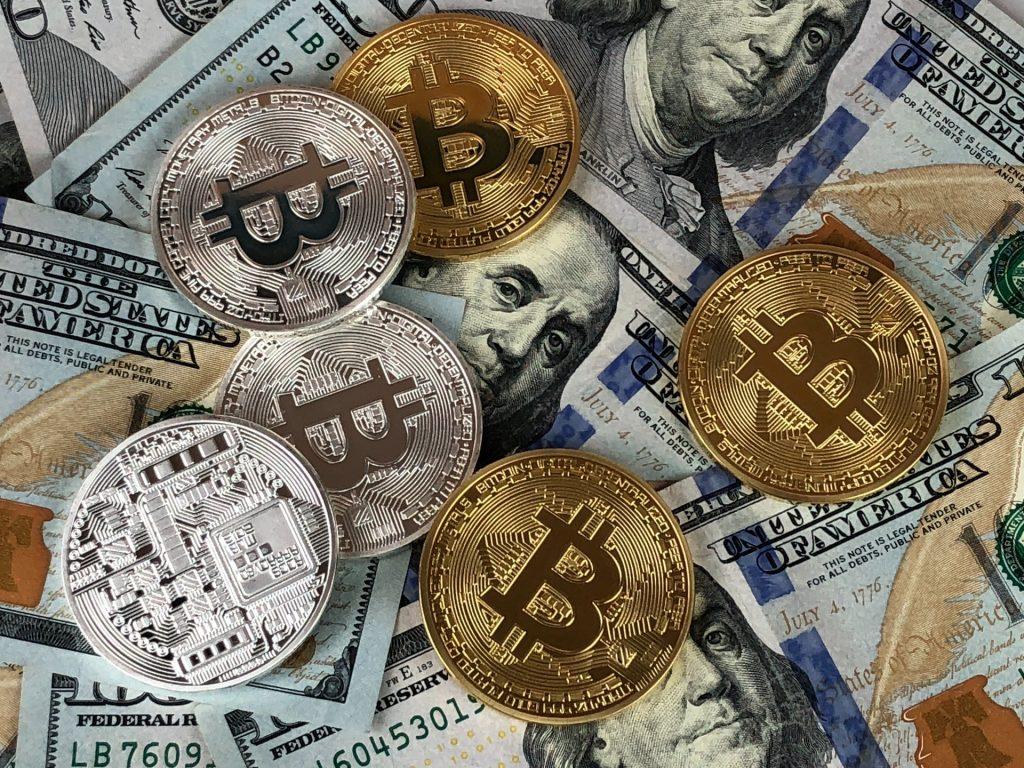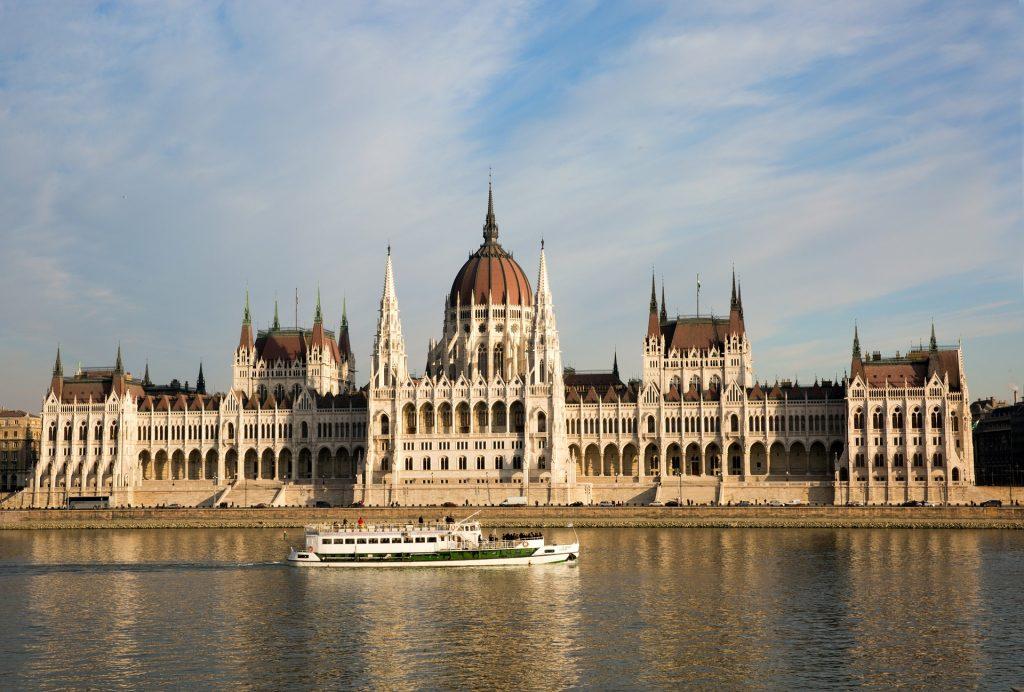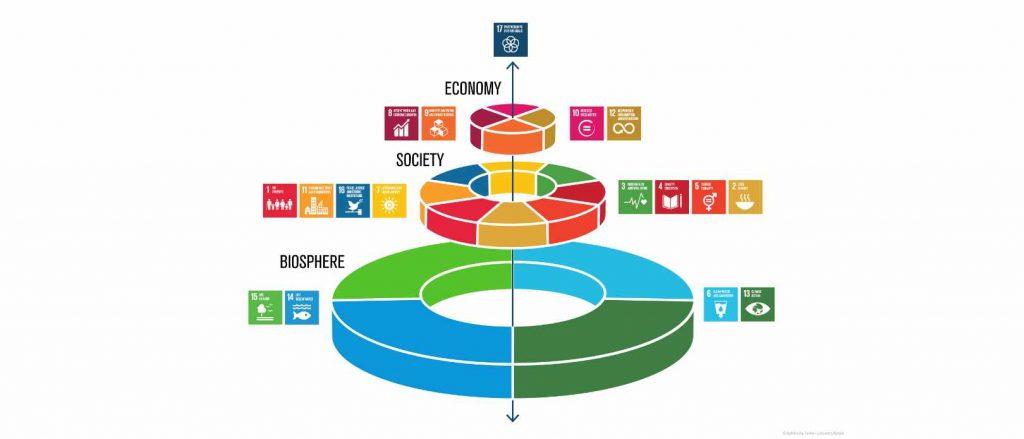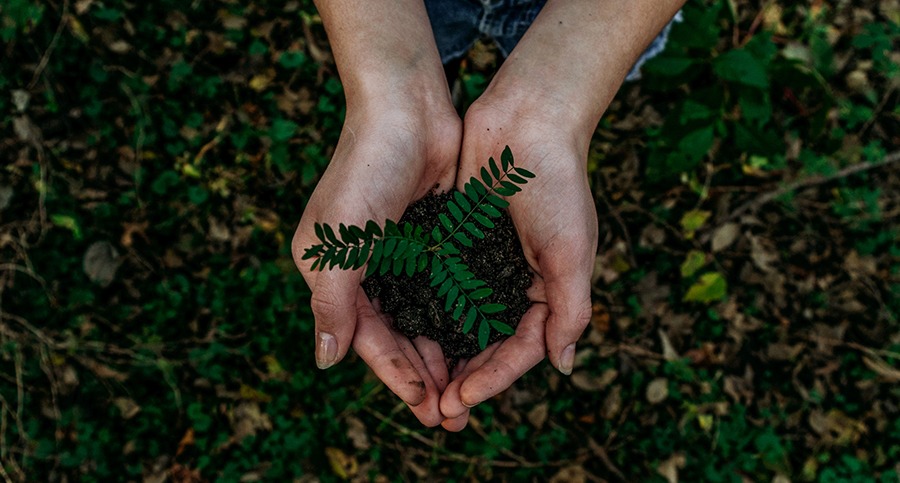Many people across the globe struggle in poverty, unable to support themselves and their families. Being unable to afford essentials such as food and shelter often causes a wide range of problems. For instance, without enough quality food, people are often beset by malnutrition and health issues. Children may suffer from stunted development, causing health issues that can remain for their entire lives.
Unable to afford education and often needing to work to survive, many higher-paying jobs are denied to them. They, and their children need the means to succeed in life. Without this, they’ll not only be stuck in low-paying work, but often live shorter lives.
Around half the world’s population survives on less than US$5.50 per day. Many of these are one misfortune away from being destitute. Out of these, around 736 million people live in extreme poverty (less than US$1.90 per day). Many of these fall within regions such as South Asia and Sub-Saharan Africa, where poverty reduction has lagged behind.
Without opportunities to improve their lives, escaping impoverishment is almost impossible.
The Struggle to End Poverty
The United Nations has pledged to stop poverty by 2030. Yet, while poverty rates have fallen from over a third of the population in 1990 to just 10% in 2015, this has slowed dramatically. In fact, COVID-19 would cause the first increase in over 20 years.
By crippling trade routes and other economic activity, essentials such as food have become harder to access. Job markets have also been devastated, with some estimates suggesting up to 25 million jobs, and $3.4 trillion of income could disappear. Many of the poorest workers rely on informal work to survive. In the face of increasing travel restrictions, many of these are disappearing.
While most developed nations can weather the effects of the pandemic, many lower-income countries will likely see more poverty in the future. For communities without services such as schools and medical facilities, disasters tend to be harder to recover from.
As a result, 97 million people have fallen into extreme poverty in 2020.
Estimates predict that the world will have nearly 10 billion people in 2050, with half of this growth occurring in nine countries (including many developing nations such as India, Nigeria, and Indonesia). With this in mind, it’s vital that everyone can access the resources they need to not just survive, but thrive!
Otherwise, if we fail to deal with poverty now, it’s almost certain that more people will suffer in the future.

Why Economic Growth Doesn’t Benefit People in Poverty
The last 100 years have seen massive growth in global Gross Domestic Product, from $4.73 trillion in 1913 to $100 trillion now. This is because governments tend to seek progress and prosperity through more economic growth.
However, GDP doesn’t measure well being. For example, though the UK has tripled their GDP between 1950 and 2010, studies have shown no increase in happiness. Beyond the money needed to meet basic needs and comforts, greater incomes rarely improve people’s lives.
Economic growth often fails to help the nearly 1 in 3 people who struggle to access enough healthy food, or stop the world’s billionaires holding more wealth than 4.6 billion people combined. Instead, it tends to encourage ecological destruction, and help the rich become richer. This unequal wealth distribution often keeps people impoverished.
While poverty usually means being unable to meet basic needs, it isn’t always caused by a lack of money. Issues with creating and distributing enough goods to meet people’s needs can make prices go up. This can make products unaffordable for those that can barely afford them.
Corporations, states, and organisations often seek to consume more and more natural resources to meet their needs. As a result, a lack of resources in contrast to others can result in conflict. Therefore, societies with more equal incomes tend to have fewer health and social issues among the rich and poor alike.
Changing what governments prioritise can solve the problem, but we need to understand why they act the way they do.

The Politics of Solving Poverty
While eliminating poverty seems to be a simple enough goal, the reality is far more complex. Questions such as what the goal means for their people, who is responsible for making the changes, and how it should be achieved often differ depending on who is asked.
Governments can often make sweeping changes to their nations. However, they are rarely unified in making them happen. Parties, powerful individuals, and factions often compete for influence in political decisions. Consequently, programs aimed at fixing issues often benefit those who draw the most influence rather than those who need help. More often than not, many wealthy individuals benefit from tax cuts, while those barely able to survive regularly struggle for scraps.
Several influences compete when it comes to making changes:
- Perceived truths: How problems are framed, existing knowledge, and influences from history and culture can shape which truths and actions are acceptable.
- Retaining political rule through agreement: Politicians and other individuals tend to form blocs and factions based on agreements over knowledge and actions. If one or a group of these hold decision making power, they are unlikely to change their policies, as the need to maintain unity is often more important.
- Increasing power within non-state organisations: Government power is limited in much of the world. Countries affected by conflict or influenced by corporations, warlords, external aid organisations, or others often must compete with them to make changes.
- Resources, and the desire to gather more: The possibility of gathering wealth or resources often influences political action. This can happen through preserving how things are, or forming factions to make change. Often, the desire to create profits can increase inequality.
Working Together to Help People in Poverty
One way to cause change is through government institutions, with laws and policies often used to encourage action. While they can shift people towards action, these usually fail to create wide-reaching change.
To solve poverty, we need to do more than tell governments to act. Interventions to preserve or redistribute resources can affect people on the ground. This often leads to conflict as others can no longer meet their needs. Instead, those who seek to make changes should instead work with those who will be affected, both within and outside governments.
Political change needs action over many fronts to challenge those that seek to preserve the status quo. To this end, alliances are often key to making change, especially against powerful interest groups who seek to preserve how things are. But what should they do?

How Politics can Benefit People in Poverty
Acting on removing poverty alone isn’t enough to fix the issue. All the SDGs are linked; easier access to food and water reduces malnutrition, and allows more time to meet other needs. Education allows higher-paying jobs, letting people raise the funds needed to be comfortable. Greater equality means more equal resource sharing.
Making it easier to escape from poverty tends to be more effective than growing the economy in helping people live better lives.
Easier upward financial mobility tends to improve wellbeing, while downward mobility tends to achieve the opposite. If people can’t escape from bad financial situations, people may lose trust in the government. If unchecked, people may give up on political systems, and support populism or extremism.
However, if people feel they have access to equal opportunities, this can mean fewer social conflicts. Therefore, how can we make sure everyone has a chance to escape poverty?
Cash payments are one option. Providing enough money for basic essentials can prevent people from falling into poverty. While COVID-19 has encouraged countries to implement these, almost all of them are temporary. Many such payments tend to stop once people earn a certain amount of money. While some say this can discourage people from working, it assumes that work is freely available.
Instead, states could rethink what progress means. Measures such as the Human Development Index, and Bhutan’s Gross National Happiness system measure wellbeing instead of economic growth. This can provide a framework for meeting everyone’s needs, not just the wealthy.
Conclusion
Change is vital to improving people’s lives. Though poverty causes many issues, it is rarely as simple as making a goal, and assuming states will commit resources. Competition for political influence often prevents ideals from becoming realities. This leaves people suffering through destitution every day.
Consequently, actions may not help those who need them, or fail to consider those who will be affected. If people are forced to change, this can lead to conflict as people may be unable to meet their needs.
Alliances between external organisations and political factions can potentially cause change.
All the SDGs contribute to each other. Instead of aiming to solve them separately, working together can help ease poverty, and the issues it causes.
However, if governments keep focusing on growing their GDP over their people, issues that lead to poverty are likely to continue. Instead, states should focus on the well being of their citizens, and there are many ways to track this.
Though how will they know if they’re making progress? While looking at past trends can be useful, these can be misleading when our world is still uncertain, and much of the world still suffers under COVID-19.
Backcasting explores how present trends need to change to meet future goals. However, for this to succeed, decision makers must look at the outcome, not focus on a specific action.
The THRIVE Project has a framework that lets citizens and governments track their impacts, and understand how changes affect progress. This allows people across the globe to understand what can help people not just survive, but thrive!
If you want to plant the seeds of change, click this link to find out more about our THRIVE platform.























